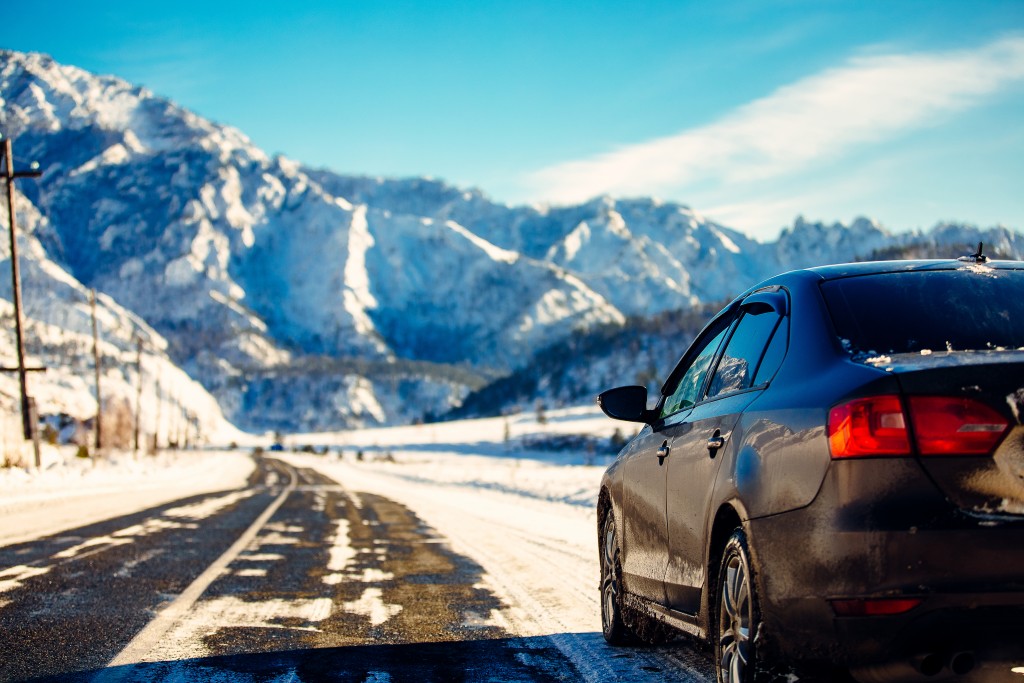In many countries, the first snow each winter can be something people anticipate. Kids, in particular, tend to get excited as the holidays draw near. But if you’ve just relocated to a cold climate, the weather may cause you a few unexpected troubles; here’s what you should know.
Travel-related problems
You may be familiar with the problems that cold weather precipitation can pose to travel. In very cold areas, the disruption can include frequently canceled flights, much slower traffic speed, the greater hazard posed by deer emerging onto roads, and constant rerouting as local authorities start plowing roads.
Scratching your travel plans can help you dodge the issue, but what if the trip was for work? If possible, come to an arrangement with your employer in case of such events, so that you can telecommute, accomplish your necessary tasks, and get paid. In case you need to head out in bad weather, bring an emergency kit in your car in case you get stuck, fit your car with studded winter tires, and strictly follow safe driving practices.
Increased risk of injury
When you live in a colder climate, you’ll soon be introduced to the hard labor of clearing out snow. Heavy snowfall especially needs to be removed from driveways and roofs as soon as possible. As you go about this task each day, be careful of injuries that can occur more frequently when shoveling snow or clearing out icicles along your roof.
If possible, icicles should be knocked down while standing on the ground using a long broomstick or similar implement. Shovel snow in intervals, taking frequent breaks; this can be a surprisingly strenuous activity. Use a snow blower if possible. For areas with frequent heavy snowfall, like Grande Prairie, you should call in professionals for residential snow removal and avoid the high risk of getting injured.

Poor health
Long periods of harsh cold can keep you confined to the indoors a lot longer than usual. If you aren’t in the habit of cleaning filters or having maintenance done on your HVAC system, this could lead to more irritants and germs circulating. Carbon monoxide (CO) poisoning is also a major concern with the increased fuel burning in winter. Keep your indoor air quality satisfactory, and install a CO detector to alert you to any issues.
Mental health can also be a problem, as some people may develop seasonal affective disorder (SAD) in winter. Though research has been inconclusive, it’s thought to be linked to lack of sunlight; light therapy may be helpful in alleviating some of the depressive symptoms.
Property damage
Frequent snow increases the risk of falling objects or fire hazards damaging your home. Since it’s generally unsafe to do maintenance in the middle of winter, you have to prepare ahead of time. Fix damaged or frayed electrical wires inside and around your home, and reduce the danger from fire; trim trees and clear your gutters while it’s still safe to do so.
Exposed pipes can also freeze and rupture. Have your pipes insulated, and keep the water running slightly in extremely cold weather to prevent this potentially costly source of damage to your home.
Moving to a colder climate may not require a significant adjustment daily. However, when the weather starts to turn, be prepared to overcome the challenges which extreme winter conditions can bring into your life.
